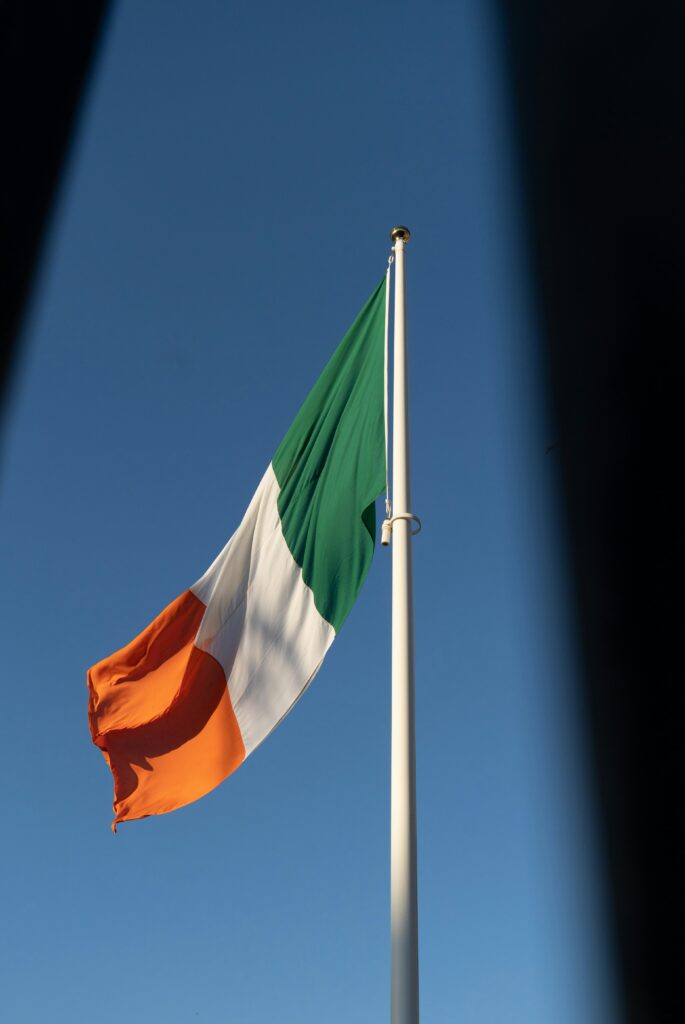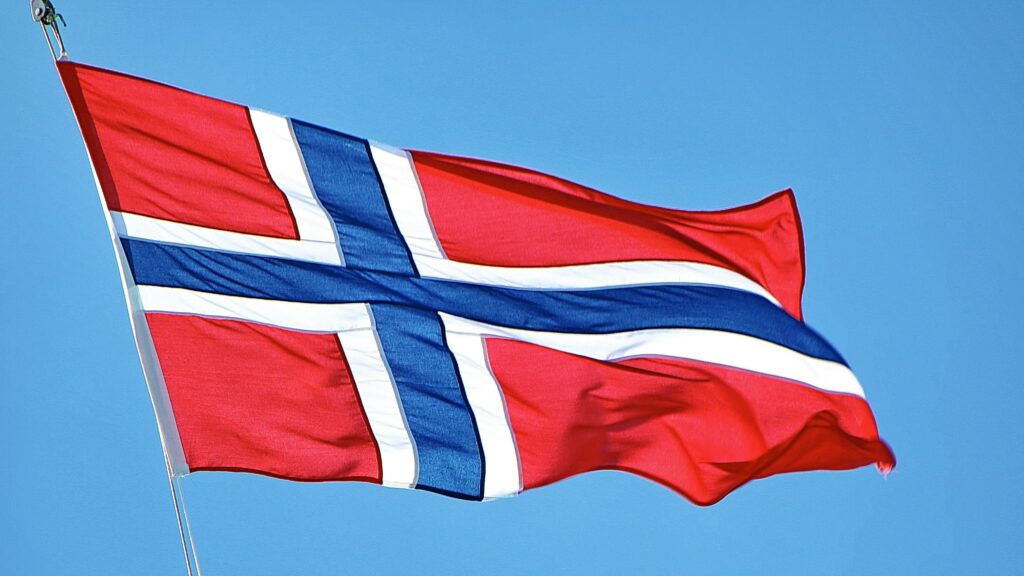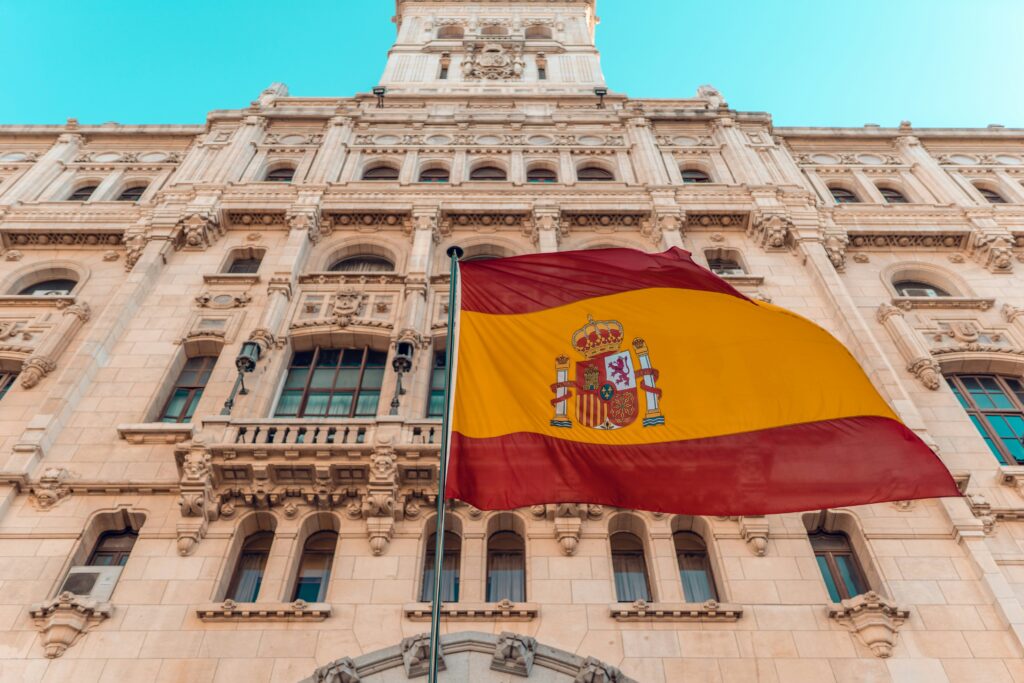Ireland, Norway, and Spain Move to Recognize Palestinian State
In a groundbreaking development in international diplomacy, Ireland, Norway, and Spain have announced their decision to recognize Palestine as an independent state. This collective move marks a significant milestone in the long-standing Israeli-Palestinian conflict and signals a shift in the geopolitical landscape. Here’s an in-depth look at what this recognition means and its potential implications.
The Israeli-Palestinian conflict has been a focal point of Middle Eastern politics for decades. The quest for Palestinian statehood has been supported by various countries and international organizations, yet it remains one of the most contentious issues in global diplomacy.
- Historical Claims: Both Israelis and Palestinians lay historical claims to the land, leading to a complex and protracted conflict.
- Peace Efforts: Numerous peace efforts and negotiations, including the Oslo Accords and the more recent Abraham Accords, have aimed to resolve the conflict, with varying degrees of success.
- International Recognition: To date, over 130 of the 193 United Nations member states have recognized Palestine as a state. The new recognition by Ireland, Norway, and Spain adds significant weight to this support.
Ireland’s Recognition
Ireland has a history of supporting Palestinian rights and has often been vocal in international forums regarding the Israeli-Palestinian conflict.

- Parliamentary Support: The Irish Parliament has passed motions in favor of recognizing Palestinian statehood, reflecting strong political and public support.
- Humanitarian Aid: Ireland has consistently provided humanitarian aid to Palestine, reinforcing its commitment to supporting Palestinian self-determination.
- Diplomatic Relations: The recognition is expected to strengthen Ireland’s diplomatic relations with Palestinian authorities, fostering greater cooperation.
Norway’s Recognition
Norway has played a crucial role as a mediator in the Israeli-Palestinian conflict, most notably hosting the Oslo Accords negotiations.

Key Points:
- Mediation History: Norway’s involvement in the peace process has given it a unique perspective on the conflict, emphasizing the need for a two-state solution.
- Human Rights Focus: Norway’s foreign policy prioritizes human rights, and recognizing Palestine aligns with its broader commitment to international justice and humanitarian principles.
- International Influence: As a respected member of the international community, Norway’s recognition could influence other nations to follow suit, potentially reshaping the diplomatic approach to the conflict.
Spain’s Recognition
Spain’s decision to recognize Palestine highlights the growing support within the European Union for Palestinian statehood.

Key Points:
- EU Relations: Spain’s recognition may prompt further discussions within the EU, encouraging other member states to consider similar actions.
- Historical Ties: Spain has a history of supporting Palestinian self-determination, reflected in its diplomatic and humanitarian efforts in the region.
- Regional Stability: Spain’s recognition is part of a broader strategy to promote stability and peace in the Mediterranean region, acknowledging that Palestinian statehood is integral to achieving lasting peace.
Implications of Recognition
The recognition of Palestine by Ireland, Norway, and Spain carries several significant implications.
For Palestine:

- Increased Legitimacy: This recognition enhances the international legitimacy of the Palestinian state, potentially bolstering its position in future negotiations.
- Political Momentum: The support from these European countries may encourage other nations to recognize Palestine, increasing diplomatic pressure for a two-state solution.
For Israel:

- Diplomatic Pressure: The recognition may increase diplomatic pressure on Israel to engage in meaningful peace negotiations and reconsider its policies in the occupied territories.
- International Relations: It could strain Israel’s relations with these European countries, necessitating careful diplomatic navigation.
For the International Community:
- Peace Process: This collective recognition might reinvigorate the stalled peace process, encouraging renewed efforts towards a comprehensive resolution.
- Geopolitical Dynamics: The move could alter geopolitical alliances and strategies, particularly within the EU and the broader international community.
The decision by Ireland, Norway, and Spain to recognize Palestine as a state is a pivotal development in international diplomacy. It underscores a growing international consensus on the need for a two-state solution to achieve lasting peace in the Middle East. This recognition not only enhances the legitimacy of Palestinian statehood but also has the potential to reshape diplomatic efforts and encourage further international support for resolving the Israeli-Palestinian conflict. As the world watches closely, the hope is that this step will contribute to a more just and peaceful future for both Israelis and Palestinians.




